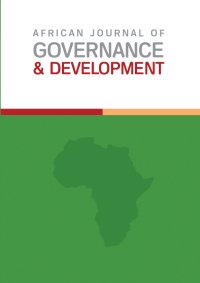Implications of Municipal Boundary Determination on Social Integration of Diverse Communities in South Africa
Main Article Content
Abstract
This article scrutinises social integration from a local government perspective. It argues that the determinations and re-determinations of municipal areas compromise the inclusion and social boundaries that communities set for themselves. This article seeks to prove this claim through a comparative look at two case studies, namely, the Collins Chabane and the JB Marks local municipalities. Whereas the former resulted from the merger of two rural areas that belonged to separate municipal areas, viz Malamulele and Vuwani, the latter came to exist following an amalgamation of the then relatively more urban local municipalities of Tlokwe and Ventersdorp. Empirical evidence shows that the determination of municipal boundaries has disrupted communities’ social settings and their sense of belonging to their municipal area. It has become clear that there are still people who feel excluded from socio-economic development in their local areas. Primarily, the central proposition of this article is that municipal boundaries should consider the interests of groups of individuals who share cultural, ethnic or social ties within close proximity of each other.
Article Details

This work is licensed under a Creative Commons Attribution-NonCommercial-NoDerivatives 4.0 International License.
